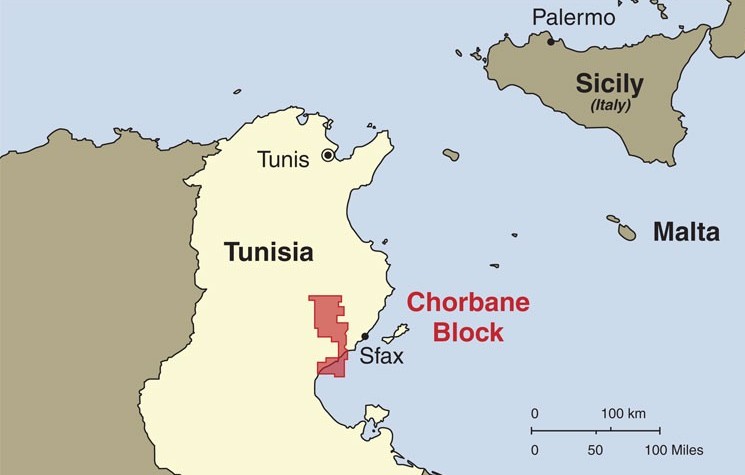Arawak may recall US$10m loan as Gulfsands’ Boardroom battle turns ugly

by Our Oilbarrel Staff
There was support for the executive team at Gulfsands Petroleum at the end of last week as strategic partner Arawak Energy International said it would recall its US$20 million loan facility if dissident shareholders succeed in getting CEO Mahdi Sajjad and commercial director Ken Judge removed at a general meeting set for February 3. As regular readers will know, Gulfsands Petroleum built a successful oil production business in Syria but its assets there are in force majeure due to the ongoing civil war and sanctions regime.
It has since diversified its business and, after some disappointing well results, this summer hit its stride in Morocco, making gas discoveries that can be quickly hooked into local infrastructure and put onstream.
Yet success on the ground in Morocco has come too late for its disaffected largest shareholder, Waterford Finance & Investment, a vehicle controlled by Russian investor Michael Kroupeev. London-based Waterford, which has a 28 per cent stake in AIM-quoted Gulfsands, called the meeting in December, citing its deep frustration with the performance of the company in recent years. Separately, Abdul Rahman Kayed, owning almost 10 per cent, proposed the removal of chairman Andrew West and non-executive directors John Bell and James Ede Golightly.
It’s a signal of the dysfunctional nature of this Board that it has been unable to reach a consensus view on the merits of the resolutions, with the executive directors and the NEDs holding different views. Somewhat unusually the non-executive directors – West, Bell, Ede Golightly and senior independent director Joe Darby – have put out their own statement backing the removal of Sajjad and Judge with West, who only this summer confirmed his plans to retire, now deciding to “drive forward” the company until a new chief executive or managing director is appointed.
And adding to the drama, the General Meeting itself was abruptly rescheduled earlier this month. Initially the showdown was set for January 13 but it was rescheduled at the last minute after Gulfsands received a legal opinion that the 7 million ordinary shares owned by Al-Mashrek Global Invest, which it previously believed were not eligible in light of the Syrian sanctions regime, should be permitted to be voted at the Meeting. This pushed back the date until February 3.
Now Arawak, a Vitol group business which inked a strategic agreement with Gulfsands in late November that saw the two parties agree to take on new business opportunities in the core Middle East and North Africa region and open up a US$20 million convertible loan facility, has revealed its unhappiness with the Boardroom disarray.
Arawak has announced it will terminate the strategic cooperation agreement and that it reserves its rights to terminate the loan facility and require repayment of all monies advanced so far. This currently stands at US$10 million as well as additional fees and expenses of around US$1 million – and this would be repayable within 90 days.
Arawak said “it will not hesitate to enforce its rights” should Sajjad and Judge be removed at the upcoming general meeting. In a statement issued on Friday, Gulfsands advised shareholders to consider the implications” of the GM resolutions. The company is also “examining its options” to make sure it has funding available to repay the loan if required as well as financing for its ongoing activities.
All this is, of course, an unwelcome distraction from the business of running an oil company – and the irony is that the Boardroom drama comes just as Gulfsands is turning a corner, with its most recent well in Morocco flow testing at more than 7 million cubic feet per day. Tense times ahead for the company and its backers.
Comments (0)